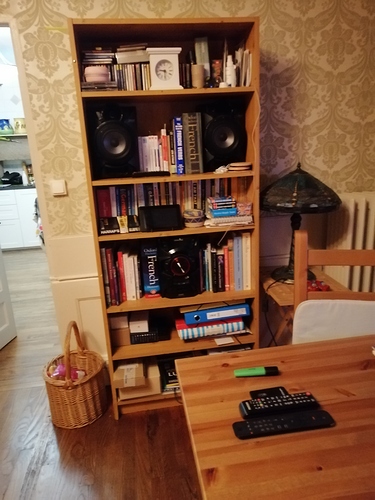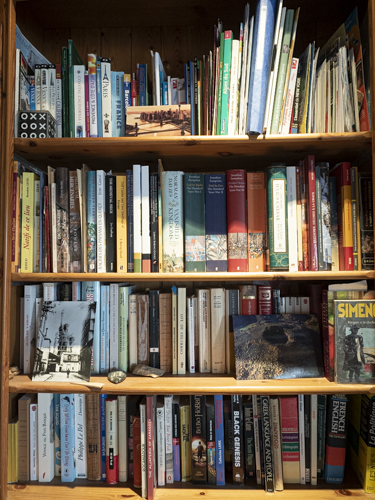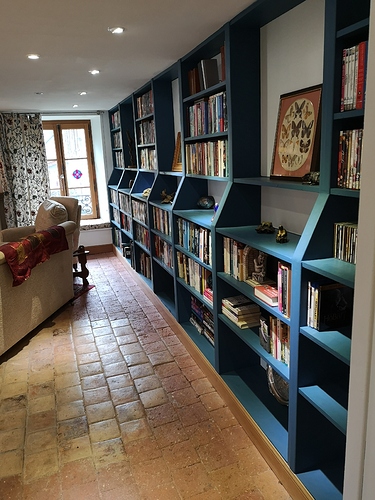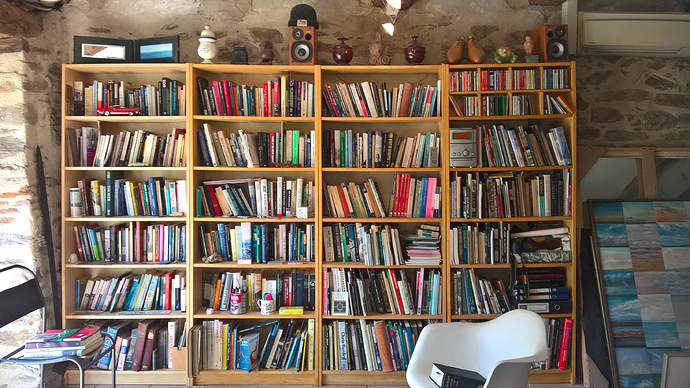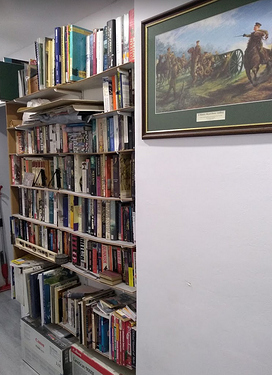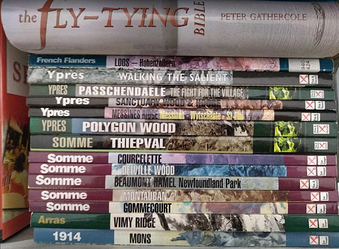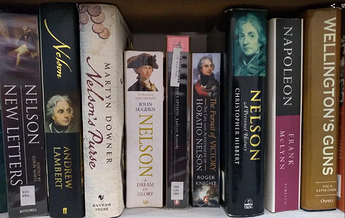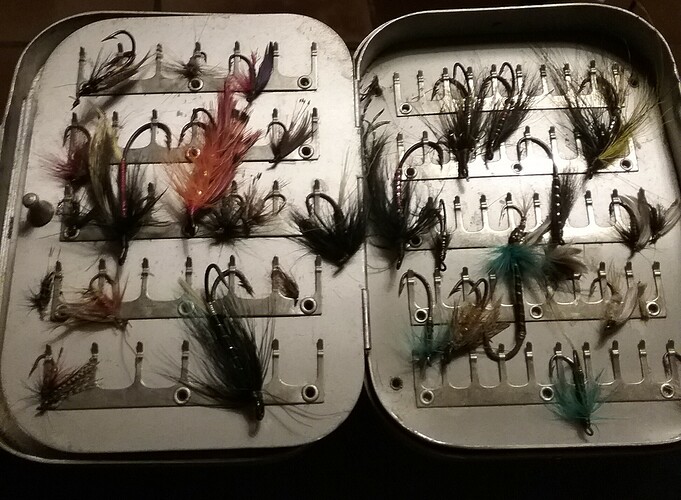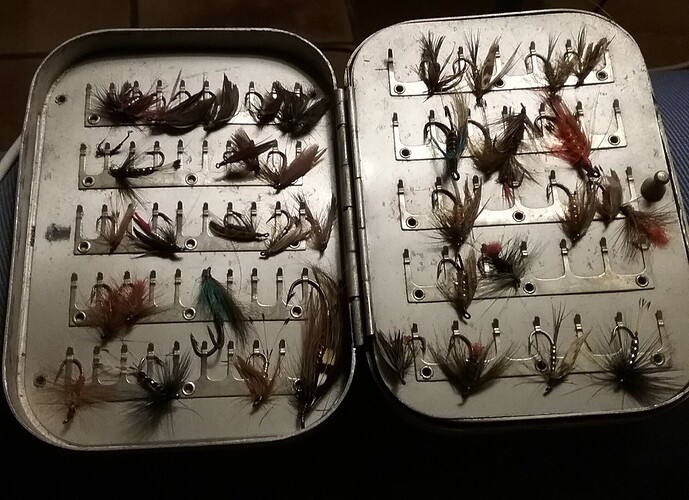I know I’m on a loser here but after moving so many times and having paid so much in storage charges, after deep thought I made a philosphical decision. I added books and recorded music to a class of object I categorise as ‘stuff’. That means that everything is now ‘stuff’.
'Stuff’ in excess lead to a condition - stuffitis. Stuffitis is the condition that develops when one is in the grip of 'thingism’. Thingism is the belief that we are defined by particular objects. Books, like sheep, is a group noun. It is rare that one book brings on thingism, leading to stuffitis but many books together certainly do. Ditto music in ‘hard copy’.
Thingism is a bane to the soul.
I had a lodger once who worked at an HMV record shop. He very skillfully erected shelving in his room for his LP, CD, VHS and DVD collection. This was immense. The shelving, to head height, filled the entire room except for space for a single bed and a small desk with a laptop on it. The shelving was in a sort of maze format, like an antiquarian bookshop - up one side, round the end, down the other.
He had 2000 DVDs alone. He had many times that of CDs. Hundreds of VHS and LPs. Of course, he needed to remove all this stuff from original cases/packaging to condense it. He had stuffitis, big time.
And another chap, in his 80’s, had amassed a collection of several thousand LPs - all jazz. Stuffitis
I had an acute bout of stuffitis, brought on by thingism associated with a nice wave-fronted chest of drawers that had been my mother’s. I’m not a fan of ‘dark brown furniture’ at the best of times and I had no use for this piece. But it had been my mother’s. The spell was broken by a friend who, after listening to me burbling on about whether to keep this thing or not, wearily saying, “Your mother was not a chest of drawers”. Out it went.
So, on the same basis, out have gone yards and yards of books. I had about 5 feet wide of sailing books, narrative and navigational. I had the same again in books on fly fishing. I have kept two, “Stillwater Fly Fishing” and “The Super-Flies of Still Water”. This last does not major on fly tying technique/construction so I have bought, “The Fly-Tying Bible.” And that will do!
All the fiction has gone. The library for that is in e-reader format. It’s what those devices were made for.
Gone also all the travel narrative -‘Slow Boats to China’ and ‘Slow Boats Home’ - that sort of stuff. All the Eric Newby, Paul Theroux, Jonathon Raban … yards of the stuff.
I can’t pose in front of my books. I deliberately made my bookshelves in the pasillo along by the bedrooms and bathroom, leading to my study.
It’s mostly mili history now, because that is, after photography, my metier. And travel guides.
However, all this lot [except the fly-tying] are for out. They are walking guides to WF engagement sites. Anyone who would like any, PM me. I’m done with The Western Front, professionally. Not to mention 1200kms south.
But this theme still has mileage.
A project I have in mind is"Nelson’s Shore Engagements"

 and paste it on the parlour wall, facing the front window.
and paste it on the parlour wall, facing the front window.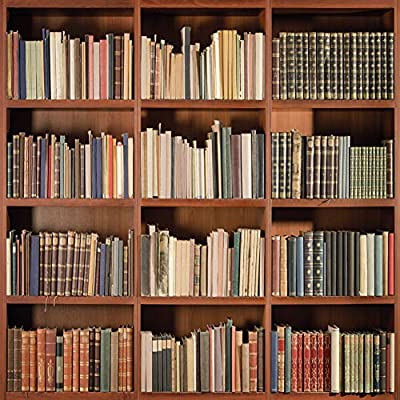


 not mine Peter, mainly autobiography, crime thriller, Conn Iggulden and melange of others.
not mine Peter, mainly autobiography, crime thriller, Conn Iggulden and melange of others.